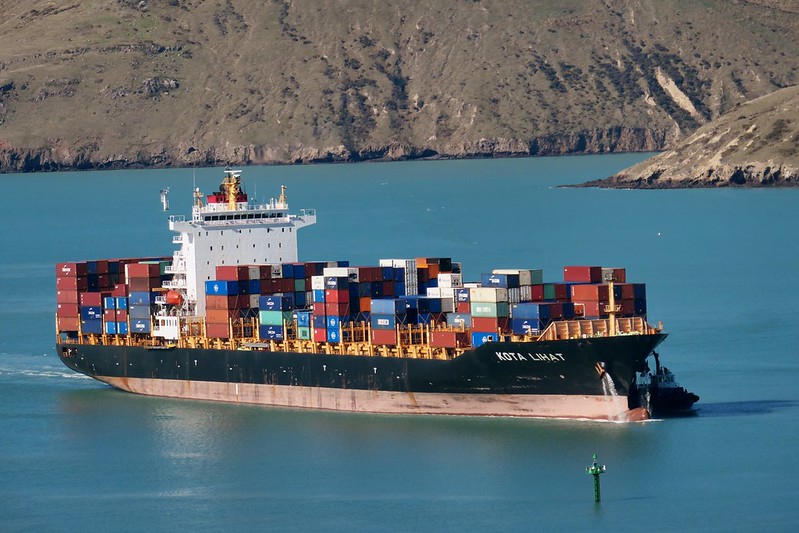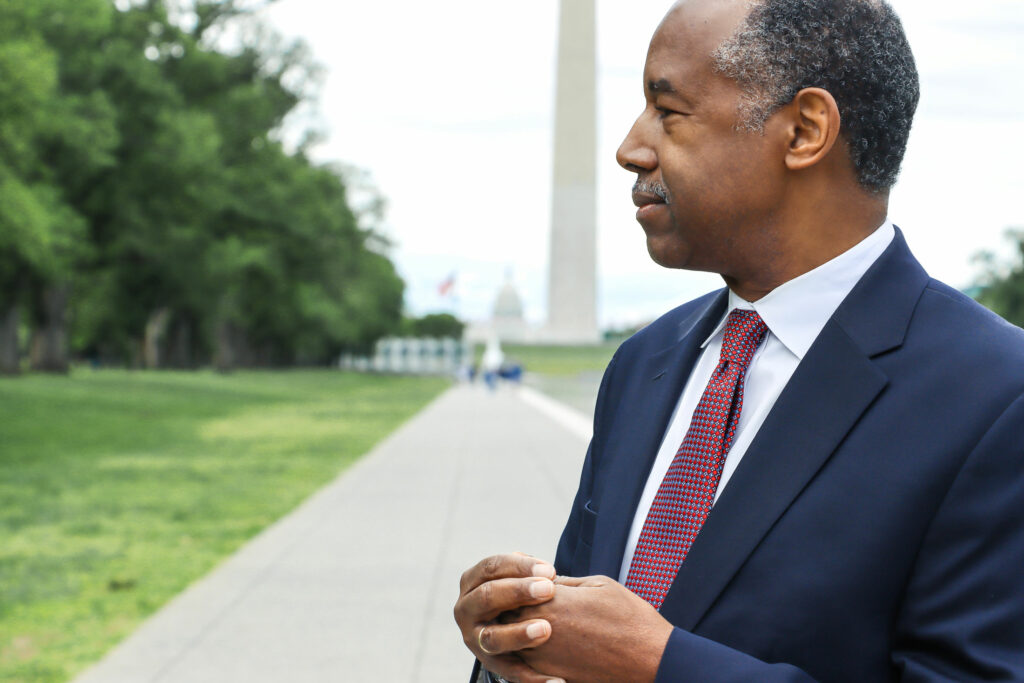 For decades, the conservative stance held that free trade was an unmitigated good for our nation and our economy, no matter what the consequences might be for the American people. However, President Donald Trump threw that paradigm out the window, and championed an “America First” approach to trade, which prioritized American workers, protection of American industry, and protection of American interests.
For decades, the conservative stance held that free trade was an unmitigated good for our nation and our economy, no matter what the consequences might be for the American people. However, President Donald Trump threw that paradigm out the window, and championed an “America First” approach to trade, which prioritized American workers, protection of American industry, and protection of American interests. President Trump first and foremost understood that trade is a political tool, rather than a purely economic one. In a world where nations compete for influence and power, a straightforward “free trade” policy might not always make sense. For example, when nations like China act maliciously on the world stage through IP theft, patent infringement, and asymmetrical tariffs (not to mention funding the fentanyl trade, exporting COVID to the world, spying on US military bases, and more), trade policy stands as a political tool to curb their behaviors by changing their economic incentives.
As of today, America’s trade deficit is roughly $945 billion per year. It should come as no surprise that the decline of American manufacturing—the industries that catapulted our nation to the status of world superpower at the turn of the 20th century—has directly mirrored the decline of the middle class. When the United States engages in “free trade” with nations like China, who put their tariffs on our exports, then American workers have to compete in the labor market of the entire world. Furthermore, most nations do not have environmental standards or labor laws to protect workers, which starts a sort of “race to the bottom” in the labor pool.
This was the view that America’s Founding Fathers took on trade, too. For example, the second bill ever passed by Congress was called “the tariff of 1789,” and it was enacted for the “encouragement and protection” of America’s manufacturing base. Other Republican presidential icons, like Abraham Lincoln, Teddy Roosevelt, and even Ronald Reagan believed that trade policy must be subordinate to the greater goals of the nation, and all of them enacted various tariffs and other protectionist measures to that end.
There are times when free trade is indeed a beneficial policy, and America’s material prosperity increased in many ways under free trade policies. However, like all policies, this is ultimately a political question. Access to the American market (one of the largest consumer markets in the world) is a privilege, not a right, and it ought to be precipitated by reciprocity in trade policy and proper conduct on the world stage.
Our national leaders must ask themselves: is our current trade policy best securing the national interest and promoting the general welfare of the American people? As of now, the answer is most emphatically “no”—and we should use tariffs and other protectionist measures to rebuild our middle class, just like Republican presidents have been doing for centuries.
